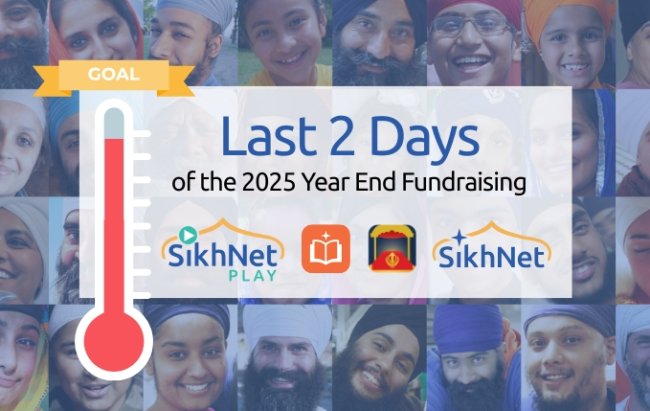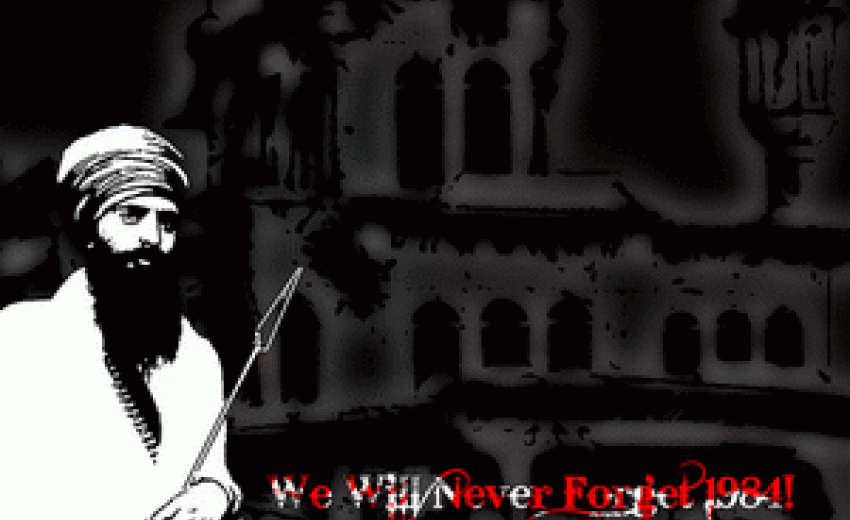 India has a strange hold on me.
India has a strange hold on me.
It is not my birthplace,
But
It is in my soul.
I hear the bell of Krishna;
I hear the call of Muhammad;
I hear the chant of Buddha;
I hear the Shabad of Guru Nanak.
I have knelt on its soil;
I have kissed its ground.
I yearn
To be mingled with its dust.
The Pogroms of 1984
Shattered this love.
Instantly, I grew up.
I saw my mother-in-law, a strong, brave woman, crumble as images from India filtered through our television in Fairfield, Connecticut, U.S.A. Her memories of the Partition came rushing back. Memories that she had tucked deep within gushed out. It was 1947 all over again for her.
I heard her stories; I witnessed her tears; I thought I understood, but I was wrong. I could not have understood, because I did not experience it.
In March of 1985, I flew from New York to India, to be with my mother. She was visiting her sister in Janakpuri, a suburb of Delhi. Delhi was tense. The mood was sombre. People stayed indoors.
One evening at around 9 pm, there was pounding at my aunt's door. Her Hindu neighbours had heard that busloads of goondas (thugs) were being brought into Janakpuri to burn down Sikh homes.
What transpired after that was surreal. My grandmother and I were assigned to a Hindu home in the neighbourhood. My mother and her sister went to another Hindu home. The rest of the family was scattered in yet other Hindu homes.
That night will forever be etched in my DNA.
My grandmother and I were put behind a tall steel cupboard in a pitch-black room. She was clinging to her large black handbag (into which she had stuffed her gold jewelry) and was saying her prayers.
I just sat dazed.
From time to time, we would hear loud voices coming from the street. My grandmother would tense up and hug me even closer.
I can't remember saying much. But I remember vividly what happened next.
My grandmother very calmly said: "Inni, if that door opens, I will kill you first and then I will kill myself."
She took out a knife from her black handbag and showed it to me.
I never uttered a word. There was nothing to say.
We sat quietly together and waited out the night.
The mob did not come. It was a false alarm.
The next morning, my mother insisted I leave Delhi. I flew to Bombay that evening.
Back home in Connecticut, I allowed myself to revisit my Delhi experience. But it was too painful. I could not comprehend it and so, I kept silent.
Years flew by.
From time to time, the memories would awaken and tears would flow. I was still unable to grasp the depth of my emotions.
The 20th anniversary of the 1984 massacre: I started to write. More tears flowed. Many pages were filled. Finally, the piece was done. I read it. Tears of gratitude flowed. The healing had taken place;
I could see it in my writing.
I sent the finished piece to my family and friends. Their response astounded me: "Why are you going there? What is the use? Forget about it!"
To say that I was shocked would be an understatement. I felt that someone had stabbed me with a knife.
I sent it to Sikh and Indian magazines. No one published it.
I died a thousand deaths during this process. Every rejection was a stab.
Gurumustuk Singh from sikhnet was the brave one who put it on his website.
My voice had found a place.
They say:
Do not write;
Do not speak;
Forget about it.
If I agree,
Then
In my silence
Lies my guilt.
As long as I draw breath,
As long as there is strength within me,
I will write,
I will speak.
For I remember ...
I Remember...
The year is 1739.
Hindustan is in terror.
The cruelty of the Mughals
Is felt everywhere.
Nadir Shah is in Delhi
Looting the treasures,
Carting away twenty-two hundred Hindu women
For his private harem.
The news spreads like wildfire
Across this great land.
Helplessness and confusion
Reign supreme.
Sardar Jassa Singh,
Commander of the Sikh army,
Hears of this atrocity,
Vows to take a stand.
The Sikhs are a minority;
The Mughals have the upper hand.
Despite this disparity,
A midnight attack is planned.
The Mughal camp is asleep;
The Sikhs wait in silence.
At the stroke of midnight,
They begin the attack.
Kirpans are in the air;
The Mughals are caught off-guard.
The women are freed
And safely brought back.
In Hindu households,
Sighs of relief are heard
As the women rush back
To the arms of their loved ones.
There are Sikh casualties,
But there are no tears;
To uphold a woman's honour
Is the Sikh dharam.
From that day on,
A pattern emerged:
The Sikhs struck at midnight
To free the captured women.
Every night, the women prayed
For the safety of the Sikhs.
Mothers told their daughters,
"Trust only a Sikh."
Hindu mothers, with love,
Made their first-born sons Sikhs.
A sacred trust existed
Between a Hindu and a Sikh.
Through the centuries,
This trust and love continued,
Until the forces of evil
Raised their ugly head.
The year is 1984,
The unthinkable happened:
Our Hindu brothers
Turned on us.
Sikh women were raped;
Their fathers, husbands,
Sons and brothers
Butchered in front of their eyes.
The country was in shell-shock
At the brutality of this massacre;
Yet, no voice rose
To speak against this massacre.
I ask my Hindu sisters:
"Where were you?
Did your hearts not bleed
At the rape of your sisters?"
Twenty five years have gone by.
The pain has not diminished.
There are no answers
To what happened in 1984.
To my Hindu sisters,
I have one request:
Tell your sons, husbands and brothers
The sacrifices of the Sikhs.
To my Sikh brothers,
I need not remind you:
You are bound by our Guru
To protect the weak.
No Sikh hand will rise
Against any woman;
Be she a Hindu or a Muslim,
She has the protection of a Sikh.
My Ardaas:
Let the winds be gentle;
Let there be peace on this land;
Let this shattered trust
Be given a chance to grow.
But ask me not to forget,
For I remember...
On this 25th anniversary of the Pogroms of 1984, I reflect on the courage of the non-Sikhs who protected the Sikhs.
You are our unsung heroes.
I salute your bravery;
I salute your goodness;
I salute your morality.
But ask me not to forget,
For I remember...

